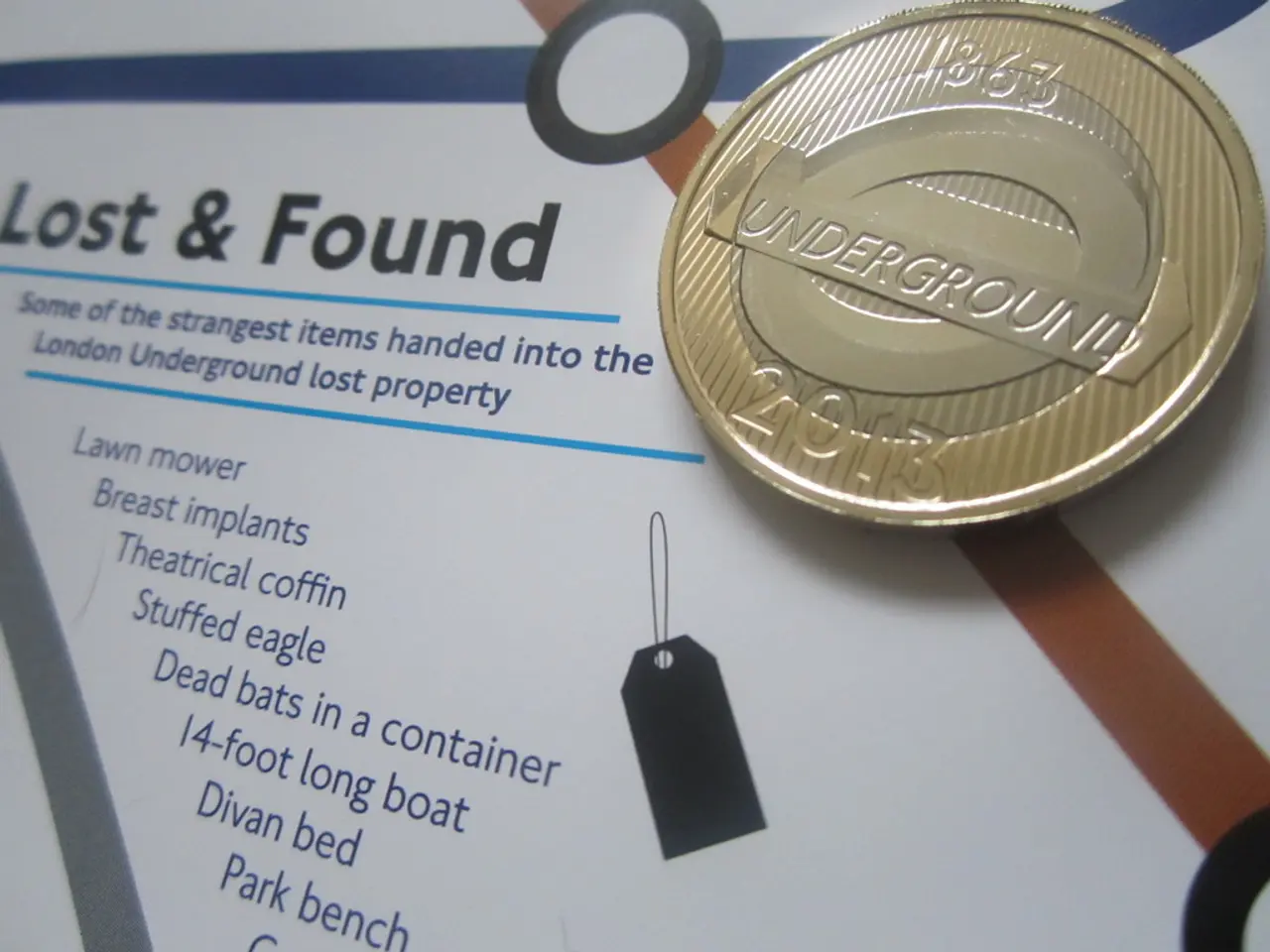Imminent budget reductions affecting Ruhr urban areas, potentially stirring up social unrest.
Drowning in Red: The Ruhr Region's Money Pit
The cities of Essen, Gelsenkirchen, and many more in the Ruhr region are drowning in financial woes, and it's leaving a bitter taste. It's like your bro on a wild night out – all laughs and good times, but when the check arrives, you're left footing the bill. Well, the federal government looks like it needs to learn a thing or two about responsibility.
Cities in the Ruhr are swimming in a sea of debt. Essen is looking at a whopping 120 million euros deficit, while Gelsenkirchen stands to lose 35 million by year's end. Add to that the declining tax revenues due to the sluggish economy, and the picture becomes grimmer. What's driving this? Well, it's the mandatory social spending for beneficiaries, a task handed down by the federal and state governments without enough financial help. Someone's ordering, but no one's chucking the cash – and it's the municipalities taking the hit.
Things only get bleaker in Gladbeck, where an astounding 572 million euros deficit is projected for the past 15 years. That's more than half a billion without a comma! The city's overwhelmed, and it shows. Not enough daycare staff, crumbling school buildings, long lines at citizen offices – it's a tangled mess. And to rub salt in the wound, there's the fear of losing vital facilities like libraries or swimming pools.
Right-wing extremists are seizing this opportunity to shift blame onto migrants and refugees, but let's not get carried away. The root of this financial mess is more complex than they make it seem. The "triggering nexus" is the buzzword here, and it seems it might be the key to unlocking municipalities' financial woes. Essentially, the federal government needs to pony up more of the cash if they want their orders followed.
Right-wing extremists in municipalities love to paint migration as the culprit, but they're missing the big picture. The Ruhr region needs structural changes, not scapegoats. The municipalities need a larger share of the total tax revenue, a request that might not sit well with the new federal minister of finance, Lars Klingbeil. It ain't just the cities of the Ruhr region in trouble – it's a nationwide issue, with hardly any municipality submitting a balanced budget without burning through reserves.
Without financial flexibility, municipal self-government becomes a farce. And in these times, we need municipalities to make strides in the urgent climate-political transport turnaround. Instead, we're stuck in reverse. If you're waiting for the next bus, it might have been canceled – and it's unlikely to have anything to do with the refugees in the house across the street.
- The financial crisis in cities like Essen and Gelsenkirchen, due to their massive debt and declining tax revenues, is not just a business issue or a problem for the local governments, but a matter that deeply intertwines with politics and general news, as it impacts the region's social services and economy.
- The financial struggles of municipalities in the Ruhr region, such as Gladbeck, necessitate not only scrutiny but also solutions at the federal level, as the ongoing issue of insufficient financial support from the government could lead to the loss of essential public facilities and structural changes are required for lasting improvement.




